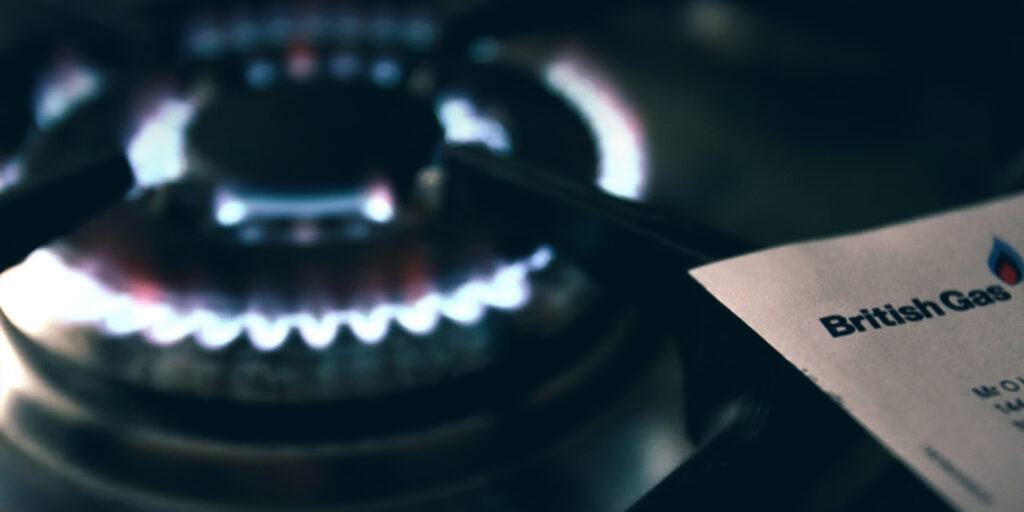Centrica, the owner of British Gas, has issued a stark warning about the UK’s gas reserves, which have fallen to “concerningly low” levels due to freezing temperatures driving up demand.
The country’s gas storage sites are now only around half full, with reserves 26% lower than this time last year.
The UK currently holds less than a week’s worth of gas supply in storage, leaving it exposed to potential shortages.
Chris O’Shea, Centrica’s Group Chief Executive, described the situation as worrying, stating: “We are an outlier in Europe when it comes to the role of storage in our energy system, and we are now seeing the implications of that.”
Strain on Gas Supplies Amid Cold Snap
A combination of factors has intensified pressure on supplies, including a prolonged cold snap and the recent cessation of Russian gas pipeline flows through Ukraine.
Centrica’s Rough storage facility off England’s east coast, which provides around half of the UK’s gas storage capacity, has been pivotal during this period, supplying nearly 420 million cubic metres of gas since November—enough to heat three million homes daily.
However, gas storage levels were already low heading into December due to the early onset of winter and persistently high gas prices, which hampered efforts to replenish reserves.
Centrica noted that the UK’s situation mirrors a broader trend across Europe, where gas storage stood at 69% capacity earlier this week, down from 84% a year ago.
Close Call with Power Shortages
The warning comes on the heels of a near-crisis earlier this week when millions of households narrowly avoided blackouts on one of the coldest nights of the year.
The National Energy System Operator (Neso) had to request power plants to generate an additional 1,700 megawatts of electricity to meet surging demand.
Despite these challenges, the prime minister’s spokesperson has reassured the public, stating that the UK has “sufficient gas supply and electricity capacity to meet demand this winter.”
The government is said to be in regular contact with Neso to monitor energy security and ensure adequate measures are in place to maintain supply.
Transition to Clean Energy and Storage Expansion
Addressing the broader issue, O’Shea emphasised the need for expanded energy storage systems to support the UK’s clean energy transition.
He highlighted that moving towards clean, domestically produced power by 2030 will reduce reliance on volatile fossil fuel markets, protect consumers from rising energy bills, and strengthen Britain’s energy independence.
While government officials dismissed reports of imminent blackouts as “not true,” the situation underscores the urgency of improving the nation’s energy resilience as it navigates the challenges of both immediate demand and long-term sustainability.


